
Educating villagers on good health and well-being through sustainable measures
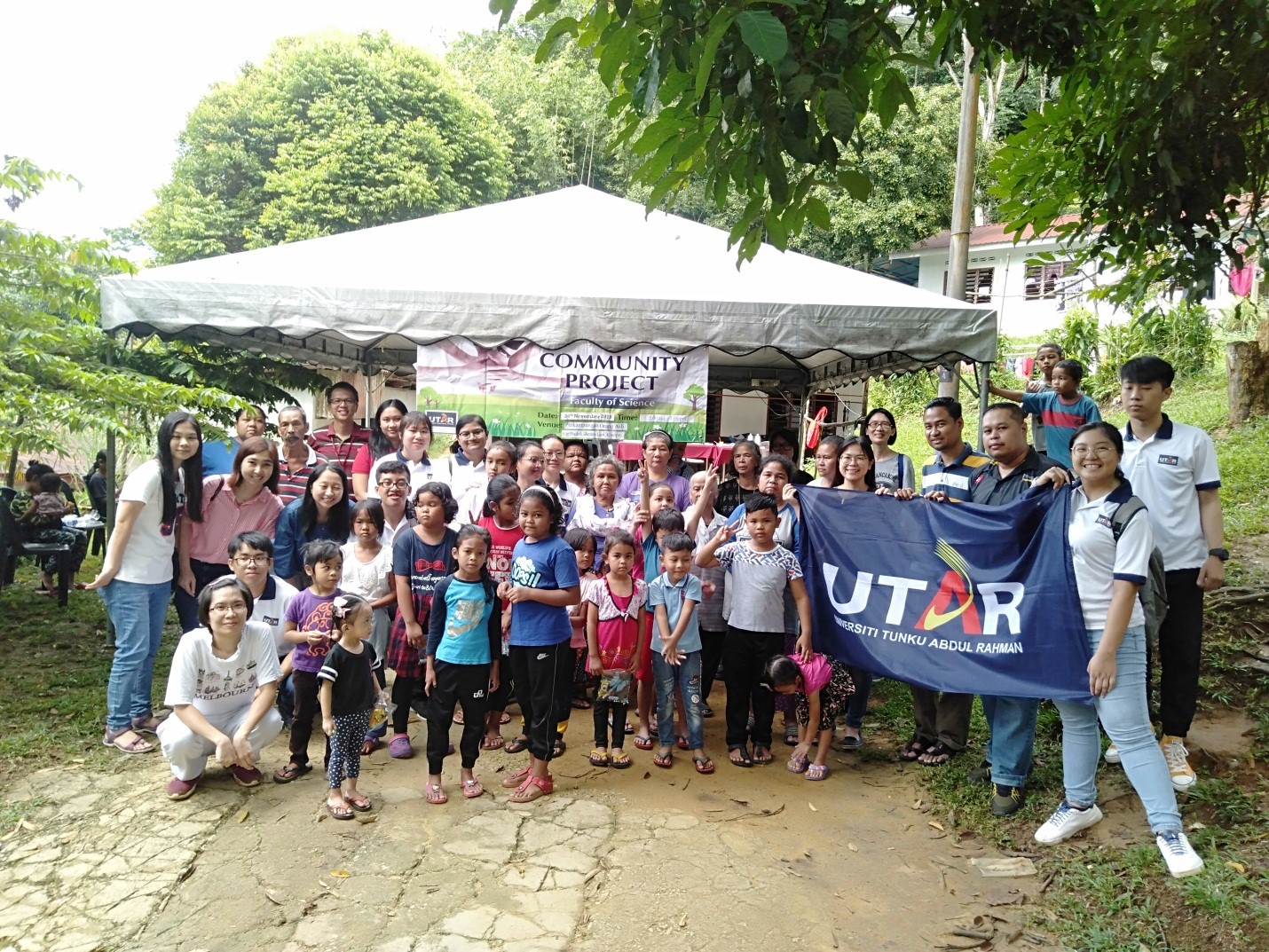
The organising committee posing with the villagers
A community outreach project was jointly organised by Faculty of Science (FSc) and Department of Soft Skills Competency (DSSC) Kampar on 24 November 2019 at Kampung Badak Berendam.
Motivated by the previous successful projects held in Perkampungan Orang Asli Pos Dipang and Perkampungan Orang Asli S.E.K Temoh (Kampung Temoh), the project at Kampung Badak Berendam aimed to educate Orang Asli about hygiene, create awareness and educate them on stroke and anaemia, as well as to engage with them through social activities. The project was led by Organising Chairperson Dr Loo Keat Wei and was assisted by UTAR staff and students.
In particular, the hand-washing and health screening activities were informative and practical for villagers to further understand the importance of good hygiene. The villagers were taught on the seven steps of handwashing and other hygiene-related topics. At the health screening, villagers had their blood pressure monitored, diabetes checked and blood group analysed.
“We are very fortunate to be living in a digital world where information is readily available. We can easily search for information and self-educate about hygiene practices as well as steps to maintain good health and well-being. However, in some villages the internet may not be available and therefore, they may lack awareness and information about these matters. Regardless, good health and well-being are important for every individual living on this planet. Healthy individuals are also important for creating a sustainable community,” explained Dr Loo.
She added, “Certainly, apart from contributing to the United Nations’ Sustainable Development Goals, we also want to contribute to the community and what better way than to share with them important information. The information benefits them and becomes guidelines for them to practice good health. From the information they have learnt, they would also be able to share and become living examples to the younger generation, as well as to their next generation.”
Dr Loo also mentioned that organising the project had benefitted them as well and thanked the organising committee for their endless support that has led to the success of the project. “We learnt much from the villagers as well. Apart from being able to personally learn about their livelihood, we were glad to have the opportunity to enhance our soft skills, including teamwork, leadership, and communication. Students who assisted in the project also said it helped improve their complex problem solving and critical thinking, moral and professional ethics, emotional intelligence, cultural intelligence, communication and language skills,” said Dr Loo.
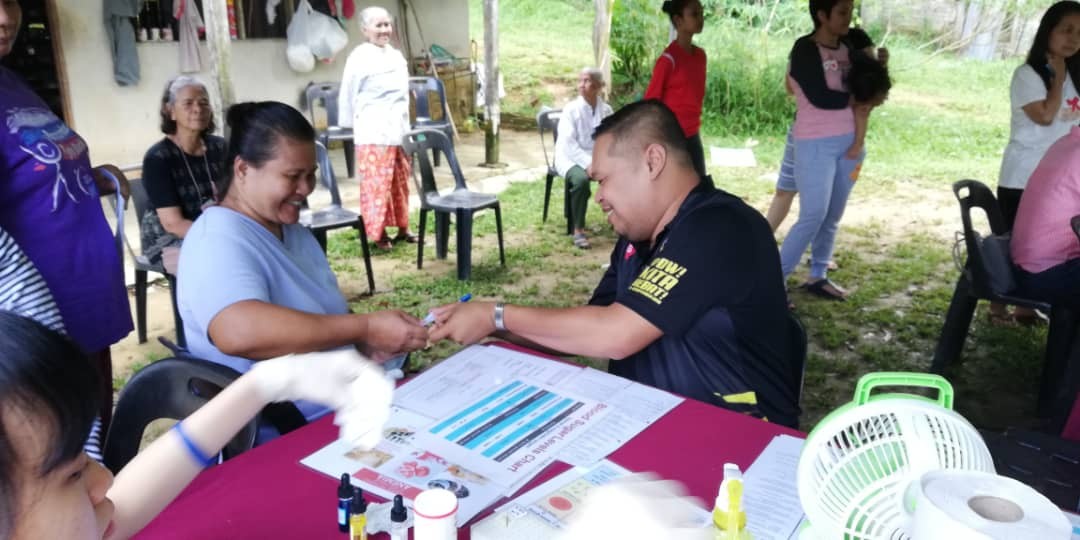
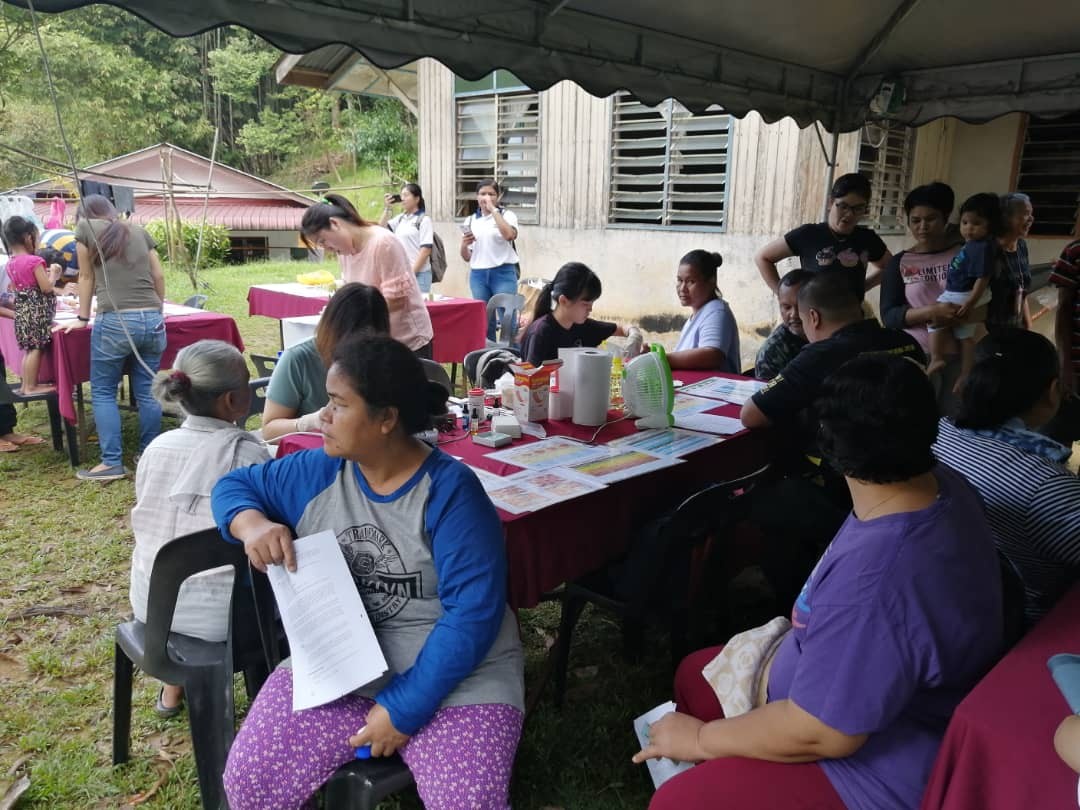
UTAR staff conducting health screening for the villagers
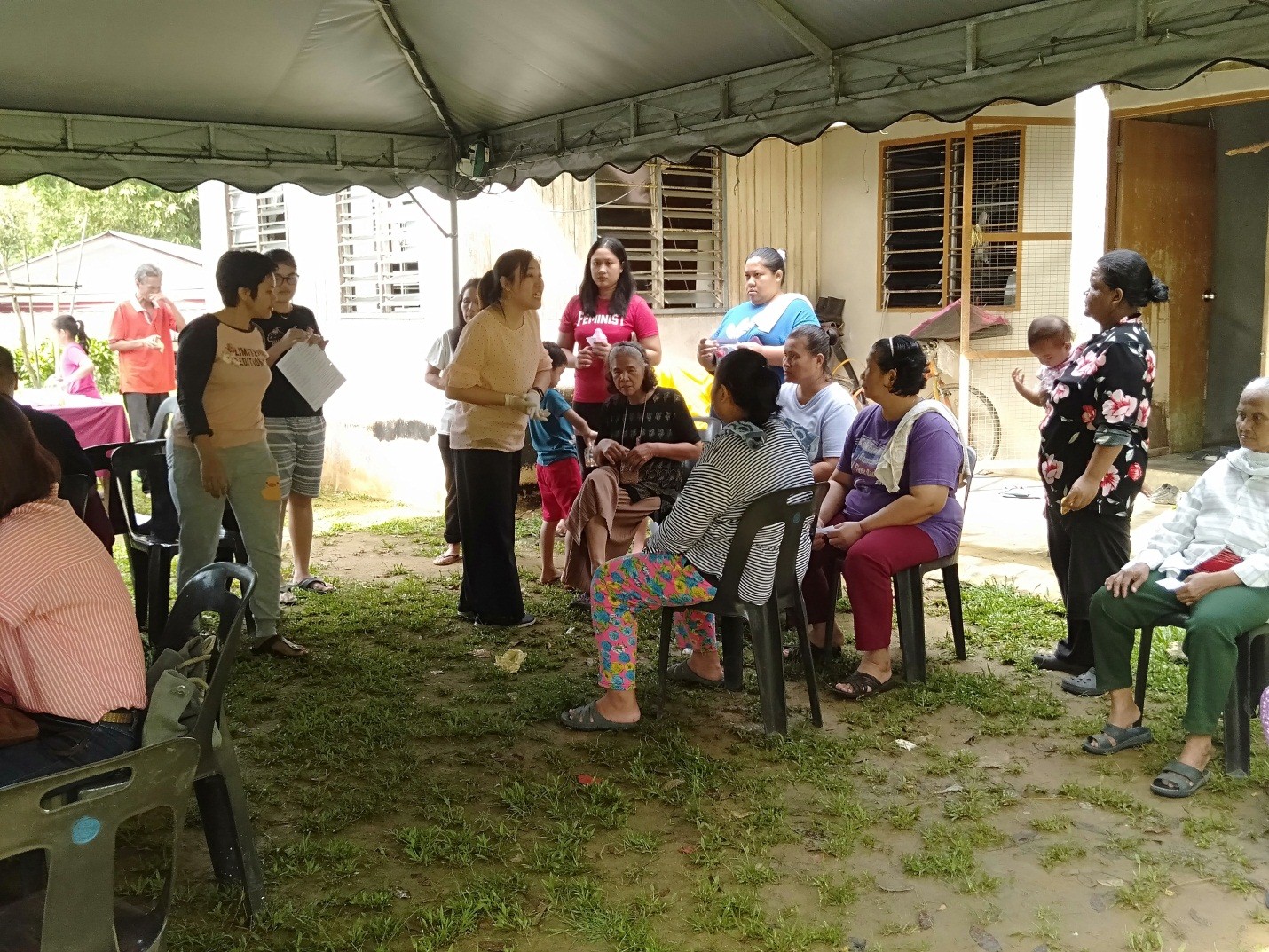
FSc academic Dr Teh Lai Kuan (centre) explaining the importance of preventing anaemia
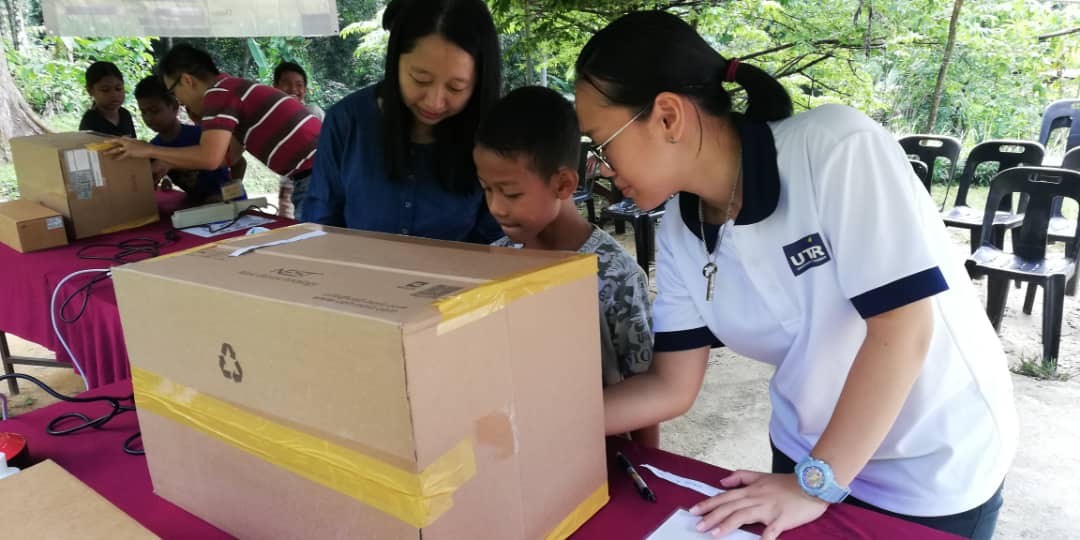
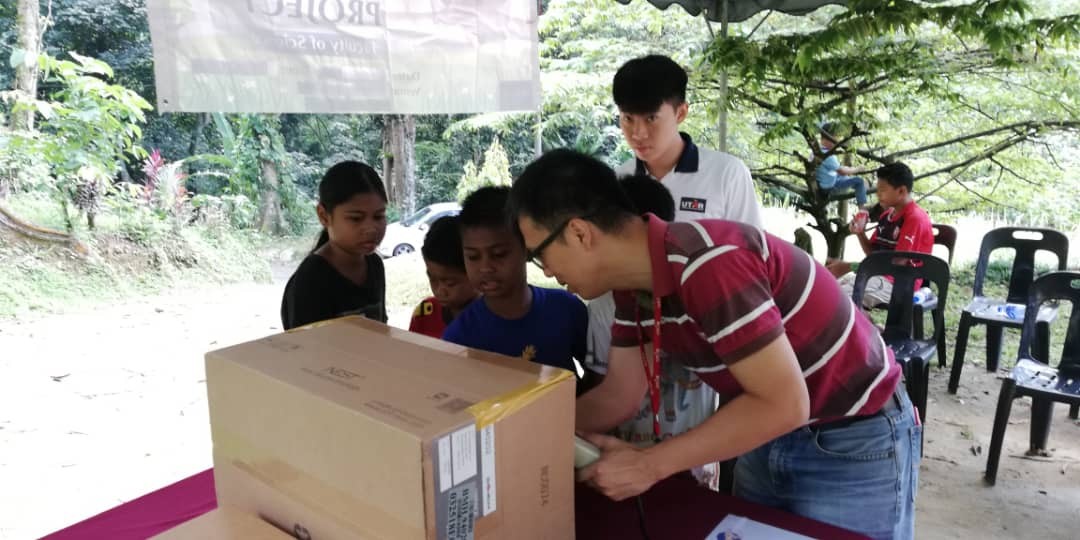
Staff demonstrating the seven steps of hand-washing
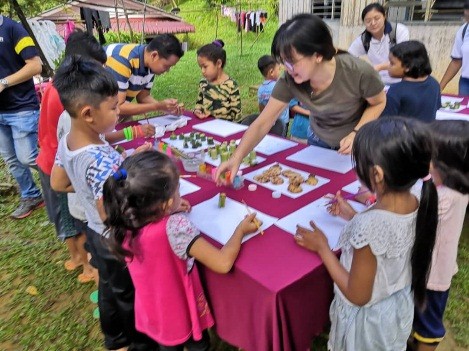
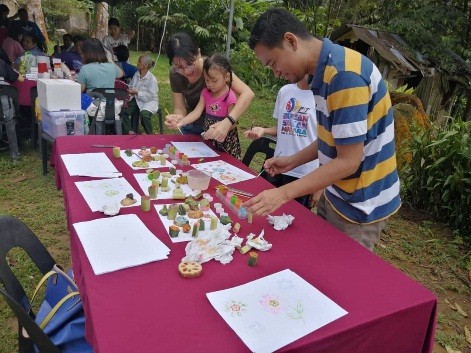
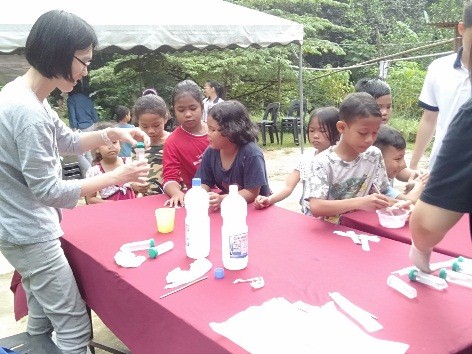
Children enjoying the arts and crafts activities
![]()
© 2020 UNIVERSITI TUNKU ABDUL RAHMAN DU012(A).
Wholly owned by UTAR Education Foundation Co. No. 578227-M LEGAL STATEMENT TERM OF USAGE PRIVACY NOTICE